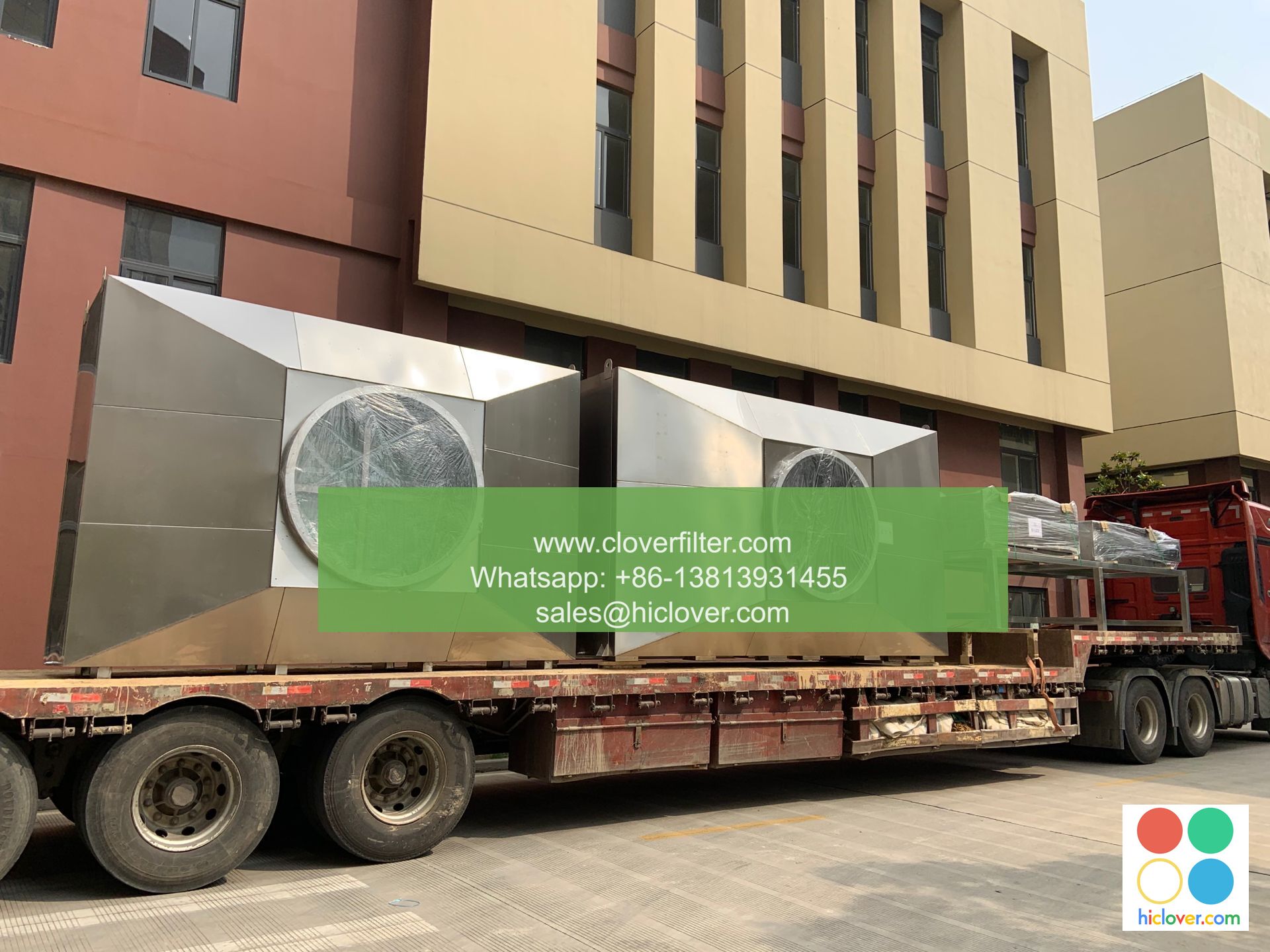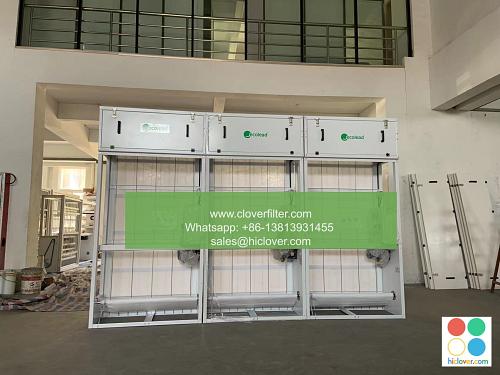Refinery Workshop Air Filtration: Challenges and Solutions

Refinery workshops are complex industrial environments that involve various processes, including oil refining, chemical processing, and manufacturing. These processes generate a significant amount of airborne contaminants, such as particulate matter, gases, and vapors, which can pose serious health risks to workers and negatively impact the environment. Effective air filtration is crucial in refinery workshops to minimize the risks associated with airborne contaminants and ensure a safe and healthy working environment.
The air filtration system in a refinery workshop faces several challenges. One of the primary challenges is the presence of a wide range of airborne contaminants, including particulate matter, such as dust, soot, and mist, and gases, such as sulfur dioxide, nitrogen oxides, and volatile organic compounds (VOCs). These contaminants can be generated by various sources, including process equipment, vehicles, and storage tanks. The air filtration system must be designed to capture and remove these contaminants effectively to prevent them from entering the workplace and causing harm to workers.
Another challenge faced by air filtration systems in refinery workshops is the high temperature and humidity levels. Refinery processes often generate high temperatures and humidity, which can affect the performance and efficiency of the air filtration system. The system must be designed to operate effectively in these conditions and must be able to withstand the corrosive and abrasive effects of the contaminants present in the air.
In addition to the technical challenges, air filtration systems in refinery workshops must also comply with regulatory requirements and industry standards. Refineries are subject to strict regulations and guidelines, such as those set by the Occupational Safety and Health Administration (OSHA) and the Environmental Protection Agency (EPA), which require the implementation of effective air filtration systems to minimize the risks associated with airborne contaminants.
To address the challenges associated with air filtration in refinery workshops, several solutions can be implemented. One of the most effective solutions is the use of high-efficiency particulate air (HEPA) filters, which can capture 99.97% of particulate matter as small as 0.3 microns. HEPA filters are widely used in industrial applications, including refinery workshops, due to their high efficiency and reliability.
Another solution is the use of activated carbon filters, which can capture gases and vapors, including VOCs and sulfur dioxide. Activated carbon filters are often used in combination with HEPA filters to provide comprehensive air filtration and removal of a wide range of airborne contaminants.
In addition to the use of effective air filtration media, refinery workshops can also implement other solutions to minimize the risks associated with airborne contaminants. These include the use of ventilation systems, which can provide a constant flow of clean air into the workplace, and the implementation of process controls, such as emission reduction technologies and leak detection and repair programs.
The implementation of effective air filtration systems in refinery workshops can have several benefits, including improved worker health and safety, reduced environmental impacts, and compliance with regulatory requirements. By minimizing the risks associated with airborne contaminants, refineries can reduce the risk of worker injuries and illnesses, improve productivity, and enhance their reputation as responsible and sustainable operators.
In conclusion, effective air filtration is crucial in refinery workshops to minimize the risks associated with airborne contaminants and ensure a safe and healthy working environment. The challenges associated with air filtration in refinery workshops can be addressed through the use of effective air filtration media, such as HEPA and activated carbon filters, and the implementation of other solutions, such as ventilation systems and process controls. By prioritizing air filtration and implementing effective solutions, refineries can improve worker health and safety, reduce environmental impacts, and comply with regulatory requirements.
FAQs
- What are the primary challenges associated with air filtration in refinery workshops? The primary challenges include the presence of a wide range of airborne contaminants, high temperature and humidity levels, and the need to comply with regulatory requirements and industry standards.
- What types of air filtration media are commonly used in refinery workshops? High-efficiency particulate air (HEPA) filters and activated carbon filters are commonly used in refinery workshops due to their high efficiency and reliability.
- What are the benefits of implementing effective air filtration systems in refinery workshops? The benefits include improved worker health and safety, reduced environmental impacts, and compliance with regulatory requirements.
- How can refinery workshops minimize the risks associated with airborne contaminants? Refinery workshops can minimize the risks by implementing effective air filtration systems, using ventilation systems, and implementing process controls, such as emission reduction technologies and leak detection and repair programs.
- What regulatory requirements must refinery workshops comply with regarding air filtration? Refinery workshops must comply with regulations set by OSHA and the EPA, which require the implementation of effective air filtration systems to minimize the risks associated with airborne contaminants.

